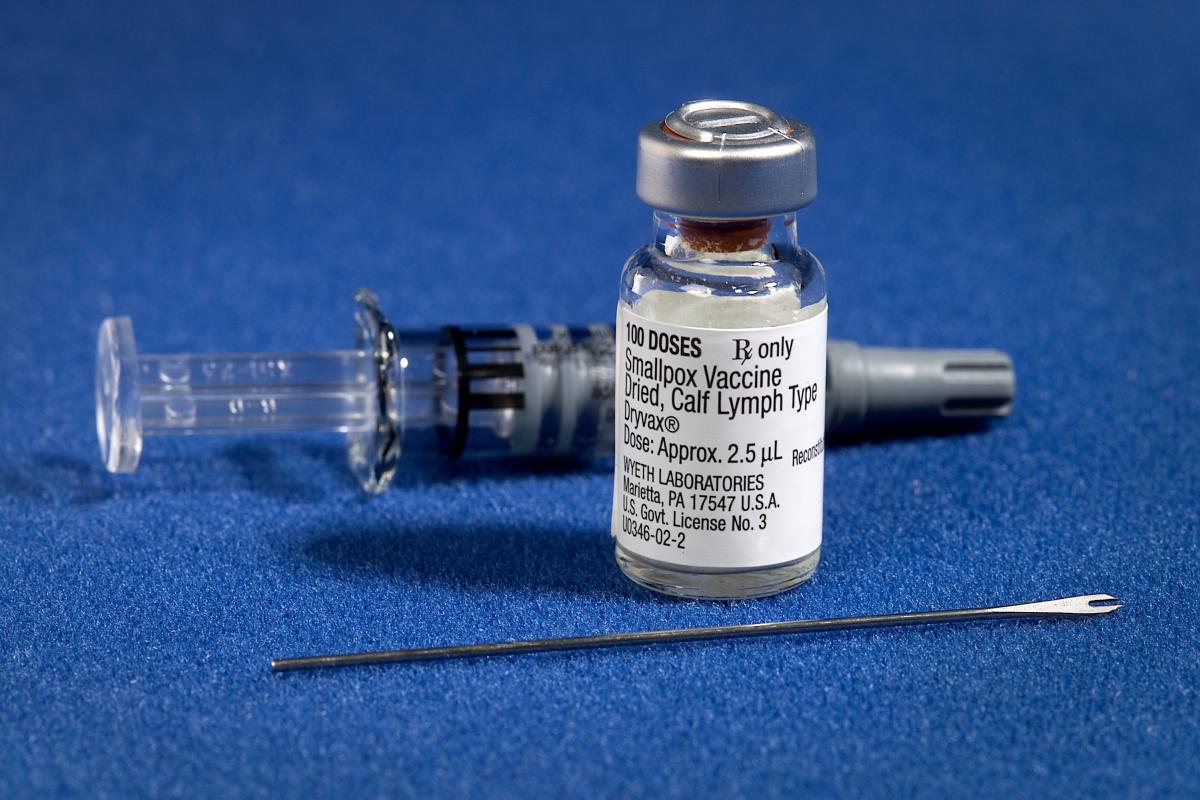D: Wow, this line goes on forever. It looks like everyone and their entire extended family decided to get a flu shot today.
Y: Probably not everyone’s entire extended family… there’s always a vaccine skeptic lurking in the family tree somewhere.
D: Didn’t we have almost 1,300 measles cases in 2019 after measles was declared eradicated from the US in 2000? I’ve never understood what makes some people so hesitant to vaccinate themselves or their children.
Y: Well, one thing a study tells us is that vaccine skeptics might see vaccines the way they do because they tend to overestimate the likelihood of rare negative events. A team of psychologists surveyed 158 people to determine their levels of vaccine skepticism and how accurately they estimated the frequency of death associated with 40 different causes such as cancers, animal bites, fireworks, and childbirth. They found that people with higher levels of vaccine skepticism were less accurate in estimating how frequently these causes of death occur than people with low levels or no vaccine skepticism. So, if a person who has this tendency to overestimate rare negative events hears a horror story about a child having a seizure after a vaccine—a situation that’s very rare but within the realm of possibility— they might think this event is far more likely than it is, which might lead them to distrust vaccines in general.
D: Thank goodness I’ve always been good at estimating things.
Y: How long do you think we’ll be waiting in this line?
D: Three hours.
Y: I’m going to hope you’re worse than you think you are.










